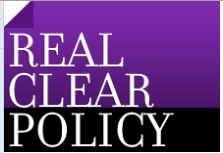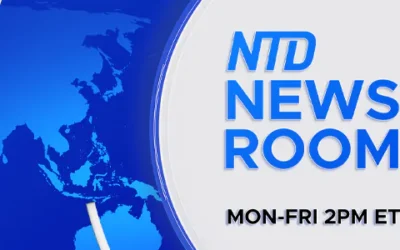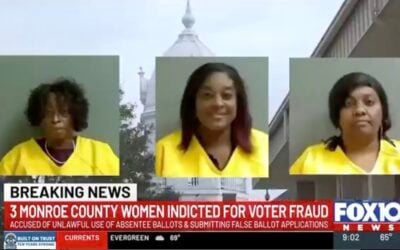
Dr. John Lott and Professor Bradley Smith have a piece at Real Clear Policy about campaign finance laws and the implication:
It’s well known that Citizens United v. Federal Election Commission concerns the role of money in politics, but it’s less often remarked that the decision centered around a 2008 film called “Hillary: The Movie,” a documentary critical of Mrs. Clinton. Arguing against Citizens United, a conservative non-profit, the Federal Election Commission made the case that because a film, such as “Hillary: The Movie,” was produced or distributed by a corporation (as are all commercial documentaries), it could be prohibited by the government. At oral argument, they went so far as to argue that such a ban could extend to books, pamphlets, and Internet sites produced or distributed by corporations. Fortunately, the Supreme Court said no. Unfortunately, four justices dissented from that common sense First Amendment ruling.
With the death of Supreme Court Justice Antonin Scalia earlier this year, however, the court is now split 4-4 on this issue. If given the chance, the four liberal justices would likely vote to overturn the decision.
Earlier this year, Justice Ruth Bader Ginsburg reasserted: “I’d love to see Citizens United overruled.” Similarly, Justice Stephen Breyer has said that without the ability to ban these types of independent expenditures, he knows of no way to make campaign finance regulations work and constrain campaign spending.
Consequently, the next president will be in a position to determine whether this ruling gets reversed. No one on Donald Trump’s list of 20 potential Supreme Court nominees would reverse Citizens United. By contrast, Hillary Clinton, who has repeatedly criticized the Supreme Court’s decision, has made it clear that her nominees would reverse it.
But even banning movies and books won’t stop all of the ways that those with money can influence elections. The wealthy can still buy television channels or newspaper companies. What’s next? Shutting down certain news channels during election years?
Breyer and others blame soaring campaign spending on the Supreme Court’s 2010 decision in Citizens United. But the growth in campaign spending long predates Citizens United. In fact, the rate of growth has slowed since that decision. Campaign spending has increased, trailing federal government spending, rising from $1.6 billion in 1998 to $3.67 billion in 2014. Government spending during that same period soared from $1.7 trillion to $3.9 trillion, virtually the same percent increase. . . .
The rest of the piece is available here. It was also shown on the front page of Real Clear Politics.





0 Comments